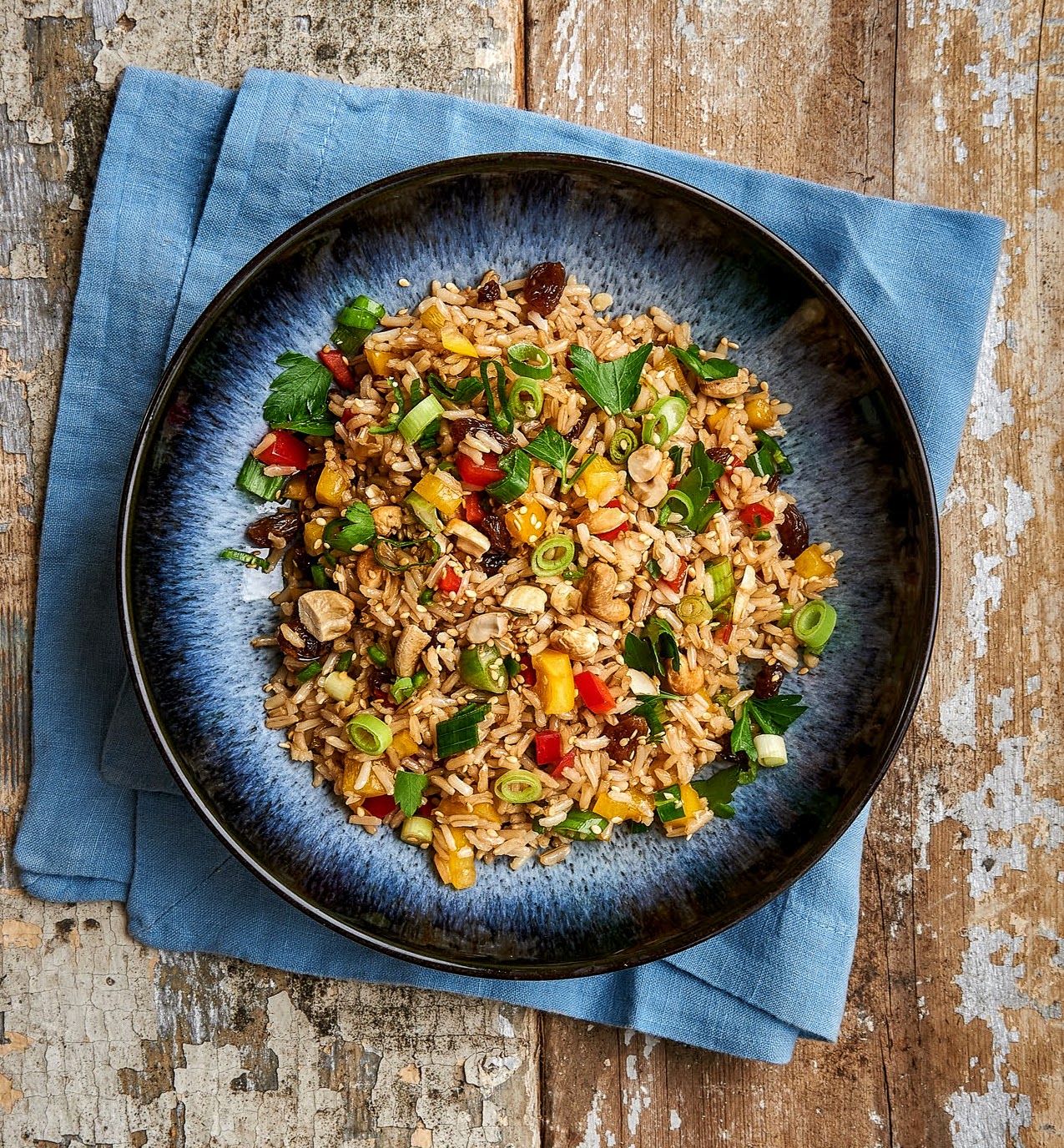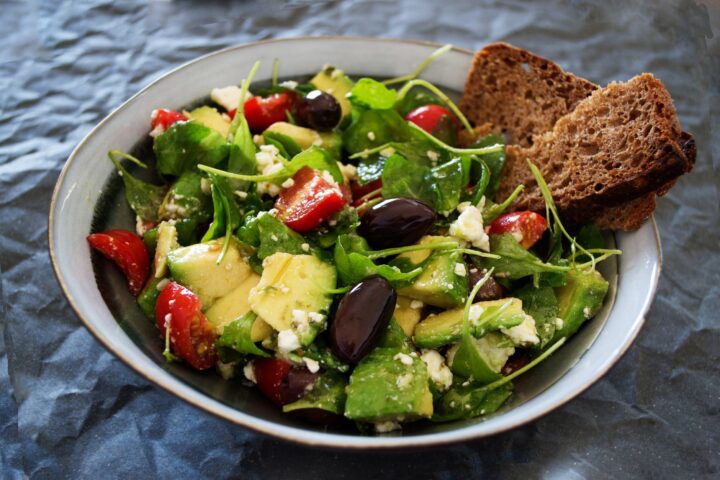Are the B vitamins our forgotten group of nutrients? Most people know about vitamin C and vitamin D. Both have had a lot of press of late in the fight against the coronavirus, but what of the B vitamins?

Photo by Polina Tankilevitch on Pexels.com
Listing a Few
These have fancy names like Thiamine (B1) Riboflavin (B2) and Nicotinic Acid (B3) for which reason packets of cereals often list them separately and with their Sunday names, in order to impress. There are also folic acid and B12, which tend to be grouped together and are particularly important for our blood and for brain health and in the case of folic acid, for pregnant mothers, for prevention of spina bifida.
Benefits of Bs
You want a good supply of B vitamins in your diet, as they help for immunity (so important right now,) to maintain good energy and for prevention of depression (especially B3). Helpfully, most B vitamins are available through the same foods, which include meat and fish (liver is a very rich source); milk, wholegrains including oats; legumes such as beans and lentils and yeast (including Marmite- definitely not my favourite!)

Beef liver provides B1, B2, B3, B5, B6, biotin, folate and B12 i.e. the full house of B vitamins. Eggs are great for biotin, important for nerve function and in pregnancy for growth of the baby. This may be why Chinese people traditionally saved the most eggs for any pregnant women?

When you start your Friday night dinner with chopped liver and egg-and-onion, you can remind yourself that you’re topping up your B vitamins brilliantly!
Folic acid and B12 are a little different. Folic acid is named after leaves (folium in Latin) and so is found mostly in green leafy vegetables, useful for vegetarians. In contrast, B12 is found almost exclusively in meat and milk sources.
Vegetarian and Vegan Supplies

Photo by ehsan hasani on Pexels.com
What if you are vegetarian or vegan and wouldn’t touch chopped liver if I paid you? Fortunately, nutritional yeast can be helpful, or an algae product known as chlorella, but many vegans wisely take B12 supplements. If you are vegetarian, however, milk is very high in B12. If you are pescatarian, then salmon or trout are excellent sources.
They Don’t Hang Around
B vitamins don’t stay in your system for long, so you need to keep replenishing them. If you have certain illnesses or medications, the levels are likely to drop. These include coeliac disease, inflammatory bowel disease and kidney disease. Some water tablets can do the same. If you over-use alcohol this can also drop your levels of B vitamins. Pre-diabetes and diabetes also tend to reduce the effect of vitamin B1. This may partly explain why people tend to feel tired and run-down with these conditions.
B1 Loves Crushed Garlic
Here is a great tip from the nutritionist Dr Alex Richardson. Regularly take crushed garlic in your diet, together with those sources of B vitamins above. It will boost your absorption of vitamin B1 and is especially helpful e.g. if you suffer from chronic fatigue. This is good for the mitochondria (the energy powerhouses of your cells). Combine this with magnesium, e.g. from pumpkin seeds, nuts, spinach, swiss chard, dark green veg or quinoa for the best effect.

Photo by Daria Shevtsova on Pexels.com
B Healthy
To recap: B vitamins are very important for immunity, energy, brain and nerve health. They are best obtained through your diet, but vegans and those with certain illnesses and medications may need supplements. Folic acid supplements are also very important in early pregnancy.
May you B healthy and full of vitality!





